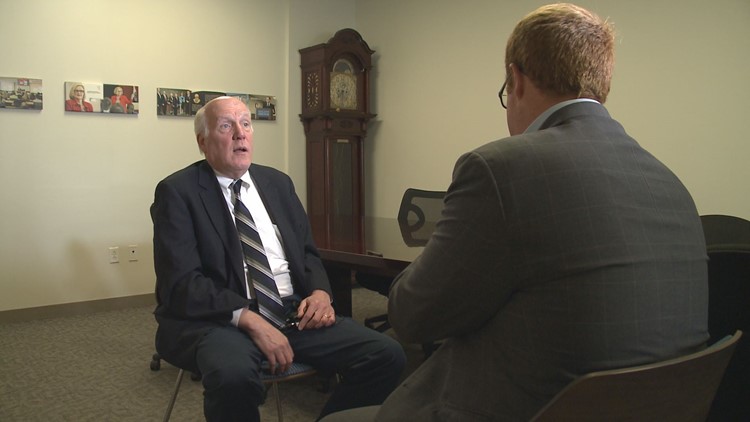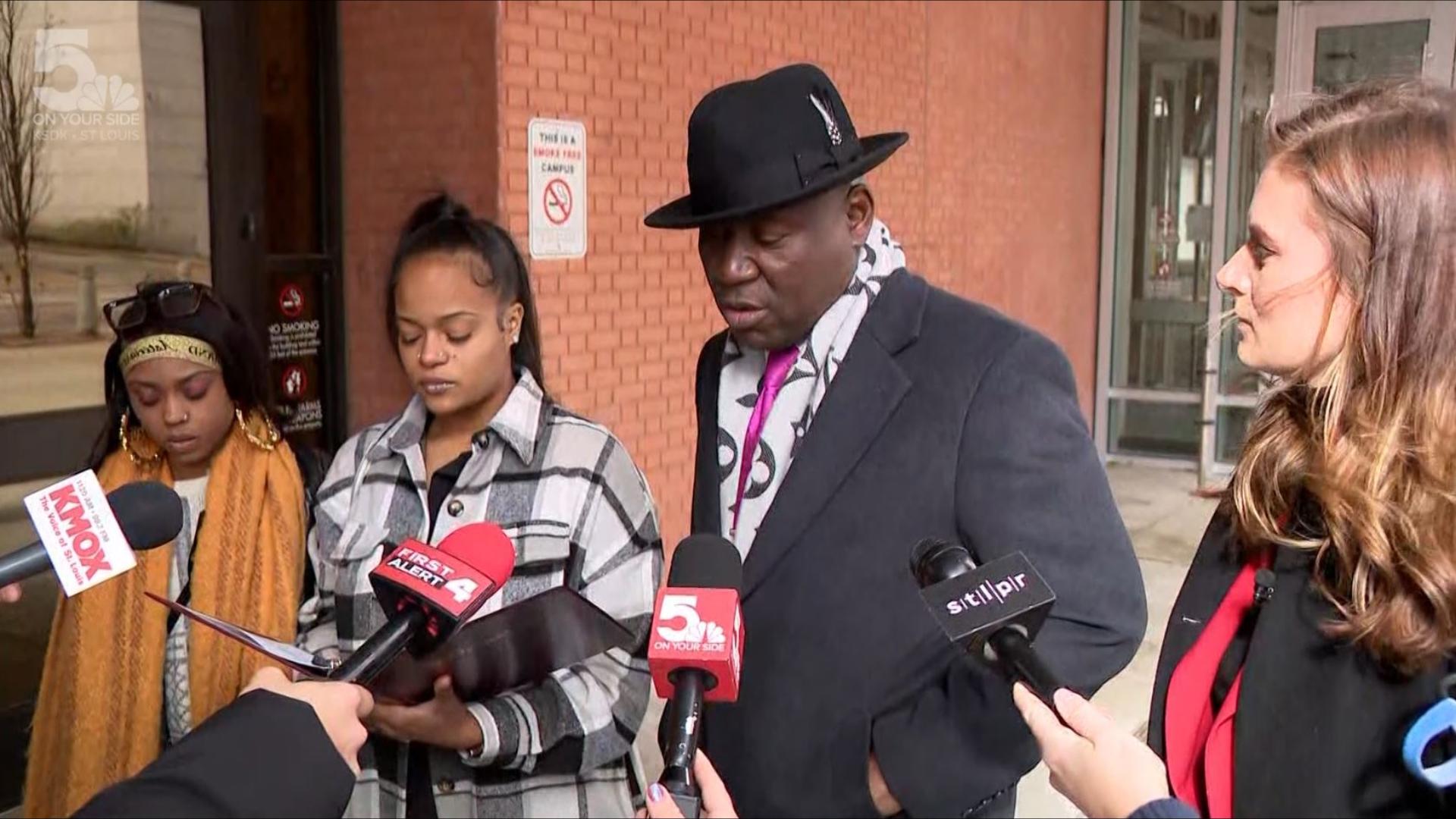ST. LOUIS COUNTY – Over the last few weeks, hundreds of people who live near Coldwater Creek have been seeking answers, after a federal report revealed there is a higher risk of being diagnosed with cancer, if you've played in or have lived near the creek.
But for many, the legal statute of limitations has already run out to file a lawsuit.
Robert Bayer is one of the people who was told that his lawsuit was outside of the statute of limitations. He lost his daughter, Madelyn, to cancer 11 years ago.
"I knew she was going to break my heart the first time I held her, I just didn't know how hard," said Bayer.
Robert's only distraction from his broken heart, is a table full of pictures of his baby girl.
She was a vibrant, playful little toddler. Then one day she complained of severe pain in her lower back.
"They ordered a CT scan immediately and they came back and told me there was a tumor wrapped around her spine," he said.
It was neuroblastoma. She wouldn't live to see her 8th birthday.
At first, he didn't think about how she might have developed cancer, until one day, several years later, when he was watching TV.
"There was a report where they were actually standing across the street from my house," said Bayer.
His house backed up to Coldwater Creek at the time.
After researching the history of the nuclear atomic waste dumped nearby, he decided to file a lawsuit, and not just for money.
"Answers, I wanted answers," he said.
St. Louis University Law Professor John Ammann said believe it or not, that was already too late to file a lawsuit.
"It’s a shame but a lot of the plaintiffs here will not have their day in court because of statute of limitations," said Ammann.
For patients that are still alive, lawsuits can be filed within five years of a diagnosis. For cases like Madelyn, it's just three years following their death.
Amman said there's really only one way to hit the reset clock on the statute of limitations.
"One exception would be if there was fraud in the concealment of the wrong that you did and the court said that argument was not raised in these cases," said Ammann.
But that's no simple task.
"It’s a very high burden, that people like Mr. Bayer would have to show in any additional proceedings that there wasn't just concealment, but fraudulent concealment," he said.
Ammann said there is some hope for individuals who may just now be learning that there is a risk of cancer, thanks to the CDC report released this month.
"It would allow people to say, well the five years doesn't apply to me. It shouldn't be five years from when I got sick because I didn't know until this week that the radiation was making me sick," said Ammann.
Outside of the legal system, Ammann said Missouri legislators or Congress could also set up a compensation fund.
"Those funds don’t generally pay people out as much as you might get out of a lawsuit, but they tend to operate more quickly," said Ammann.
Robert said if that happens, he knows just how he would spend the money.
"I would love to get my children in counseling to help them along with their recovery," said Bayer.
Regardless of a settlement, some of his wounds are just too deep to heal.
"My heart has been broken, it won’t mend," said Bayer.



